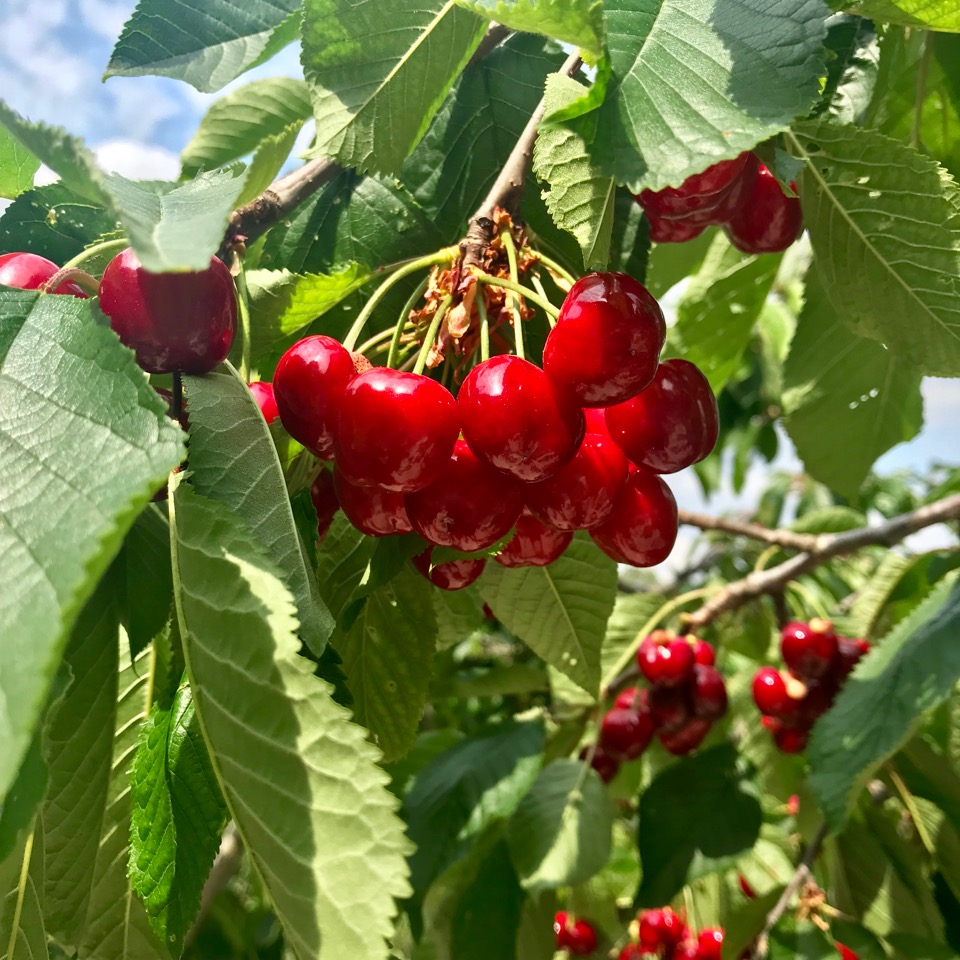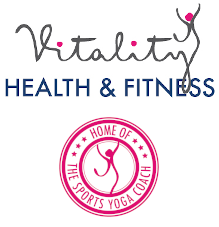
OUR COMMITMENT
1) Eat clean, real and whole foods – Due to the overabundance of pre-packaged and fast food, many people are overweight, over fat and yet undernourished. At its simplest, clean eating is about eating whole foods, or “real” foods – those that are un- or minimally processed, refined, and handled, making them as close to their natural form as possible. However, modern food production has become so sophisticated that simply eating whole foods can be a challenging proposition these days.
“If it came from a plant eat it! If it was made in a plant don’t!”
2) Alkalise your body and reduce inflammation – Sugary, processed and chemical filled foods as well as alcohol, caffeine and high amounts of processed dairy, red meats and grains are acid forming. If you are consuming any of these, be sure to balance them out with fresh vegetables, dark green leafy vegetables, fruits and water. Dark leafy greens offer higher concentrations of nutrients than many other vegetables and fruits. They are a rich source of minerals, including iron, calcium, potassium, and magnesium, as well as vitamins, including vitamins K, C, E, and many of the B vitamins. They also provide a variety of phytonutrients, which help protect our cells from damage. Dark leafy greens even contain small amounts of omega-3 fats, which are good for you, playing a role in lowering triglyceride levels. If you do not like the taste of spinach and kale, incorporate them into your green smoothies, blended with fruits.
3) Eliminate allergenic and addictive foods – Many people experience symptoms of poor health and premature ageing and have no idea that the solution may be a simple as removing possible food allergens. Try and remove possible allergenic foods like gluten, caffein, dairy and processed sugars including alcohol. If you cringe at the thought of removing a certain food, there is a high possibility that you are intolerant to it.
4) Balance blood sugar – Balancing blood sugar is vital in obtaining good health and weight loss. Try to eat predominantly low glycaemic foods such as oats, whole foods, most vegetables, legumes and many fruits. Generally, the less processed a carbohydrate, the more likely it is to have a low-GI score. Your body will digest these foods slowly leaving you feeling full for longer.
The mistaken notion that eating fruit causes blood-sugar problems underlies most admonitions to steer clear of fruit, especially sweet fruit. It is true that high blood sugar does lead to Candida outbreaks, chronic fatigue, hyper-hypoglycaemic, diabetes and a host of other conditions and diseases and even cancer.
“Too much” sugar is bad for you, although it is impossible to get too much sugar from the consumption of fresh fruit. Eating fruit is not the cause of blood sugar problems…. It is almost impossible to get too much sugar from eating whole, fresh fruit. Eating a diet including generous amounts of fresh sweet fruit does not create high blood sugar… not when you are eating a low fat diet. When the system is not gummed up with excess fat, the sugar from even “high glycemic” fruits moves easily in and out of the blood.
5) Reduce toxin exposure – It is near impossible to remove toxins that are part of our modern day living but where possible we can do our best to reduce exposure. Non-stick pan coatings, BPA in plastic bottles and linings of cans, toxins in skincare products we use, mobile phones, microwaves, tap water, pesticides and herbicides…the list goes on!
6) Keep hydrated – Drinking plenty of water is hugely important for productivity, clarity and flushing out toxins.
First thing you should do when you wake up is drink a large glass of water or have hot water and lemon. This clears your skin, boosts immune system and balances ph. It can help with weight loss and aids digestion. Tiredness and hunger often comes from dehydration.
Drink at least 8 glasses of water a day and up to 2 litres and more if you exercise. It will reduce tiredness, fatigue but also flush out the toxins.
By removing toxins you are reducing the burden on the bodies 7 detoxification organs: the liver, kidneys, intestines, blood, lungs,lymphatic system and skin. If you also support these organs with the correct nutrients, you will help your body eliminate these toxins efficiently. With modern day living, the more support we can give these organs the better.
7) Eat more dietary fibre – Fibre is essential for the human body and, unfortunately, most people do not consume nearly enough on a daily basis. It can be difficult to obtain adequate daily levels of fibre, as many foods consumed in the typical British diet are generally low in fibre content.
Fibre helps maintain a healthy digestion, healthy gastrointestinal tract, and normal bowel function. So, it’s important to get at least the recommended daily value for fibre every day.Top sources of fibre are: beans (all kinds), peas, chickpeas, black-eyed peas, artichokes, whole wheat flour, barley, bulgur, bran, raspberries, blackberries, and prunes but all fruits and vegetables provide a good fibre source.
8) Exercise on a regular basis – It’s a known fact that exercise is beneficial and it’s important to work it into your routine, however busy and stressed you are. Exercise boosts energy, improves your mood and it can be fun, especially if you workout in a group with me and Annie!
Exercise also accelerates the detoxification process. Exercise pushes the blood to circulate more efficiently through the body, allowing nutrients to more easily reach all the organs and muscles. At the same time, exercise helps lymph fluids circulate
through the body, which removes toxins and other harmful materials.
When you exercise, you naturally take in more oxygen; to make room for the added oxygen, your cells kick out toxins that are taking up space. When you exercise properly, you build up a sweat and toxins are released through the pores of the skin.
Studies find that women who workout regularly also have firmer skin than similar non-exercisers. Exercise infuses skin with oxygen and nutrients needed for collagen production. To keep your skin toned, make time for at least three 30-minute heart-pumping workouts per week.
9) Reduce Alcohol consumption – “ALCOHOL Supples WHAT NUTRITIONISTS OFTEN REFER TO AS EMPTY CALORIES: CALORIES WITHOUT NUTRITION or liquid cake!”
Alcohol use is something that has become almost as acceptable as eating and breathing. As a social facilitator and feel good drug of choice for many, alcohol is very popular indeed, with consumption at mass levels.
However, alcohol’s well-documented detrimental effects – diminished performance, mental impairment, possible addiction, diabetes and liver disease to varying degrees in certain individuals – could be seen as a good reason to steer clear of it.
Many people enjoy its sedating influence and it does play a vital role in many of society’s traditions and practices. One effect alcohol has, which is not widely discussed, is its impact on body composition. In its purest form, ethyl alcohol, which supplies seven calories per gram, bumps up ones total energy balance whenever it is consumed.
To make matters worse, it is the first fuel to be used when combined with carbohydrates, fats and proteins, postponing the fat-burning process and contributing to greater fat storage. Therefore is fat loss is your goal it is vital you reduce your alcohol consumption!
10) Reduce Stress – If you’re stressed, whether by your job or by something more personal, the first step to feeling better is to identify the cause.The most unhelpful thing you can do is turn to something unhealthy to help you cope, such as smoking or drinking.
Be active
Exercise won’t make your stress disappear, but it will reduce some of the emotional intensity that you’re feeling
Take control
There’s a solution to any problem.
Connect with people
A good support network of colleagues, friends and family can ease your work troubles and help you see things in a different way.
Have some ‘me time’
We often don’t spend enough time doing things we really enjoy.
Challenge yourself
Setting yourself goals and challenges, whether at work or outside, such as learning a new language or a new sport, helps to build confidence.
Avoid unhealthy habits
Don’t rely on alcohol, smoking and caffeine as your ways of coping.
Help other people
Helping people who are often in situations worse than yours will help you put your problems into perspective
Work smarter, not harder
Prioritising your work, concentrating on the tasks that will make a real difference.
Try to be positive
Look for the positives in life, and things for which you’re grateful.”Try to be glass half full instead of glass half empty,”. Try writing down three things that went well, or for which you’re grateful, at the end of every day.
Accept the things you can’t change
Changing a difficult situation isn’t always possible. Try to concentrate on the things you do have control over.





